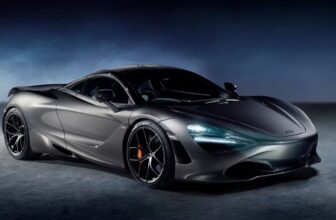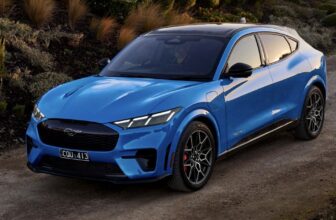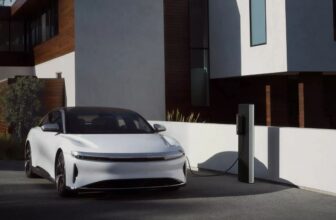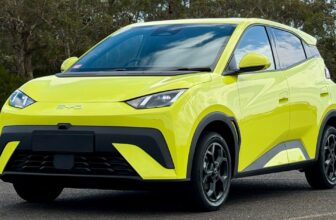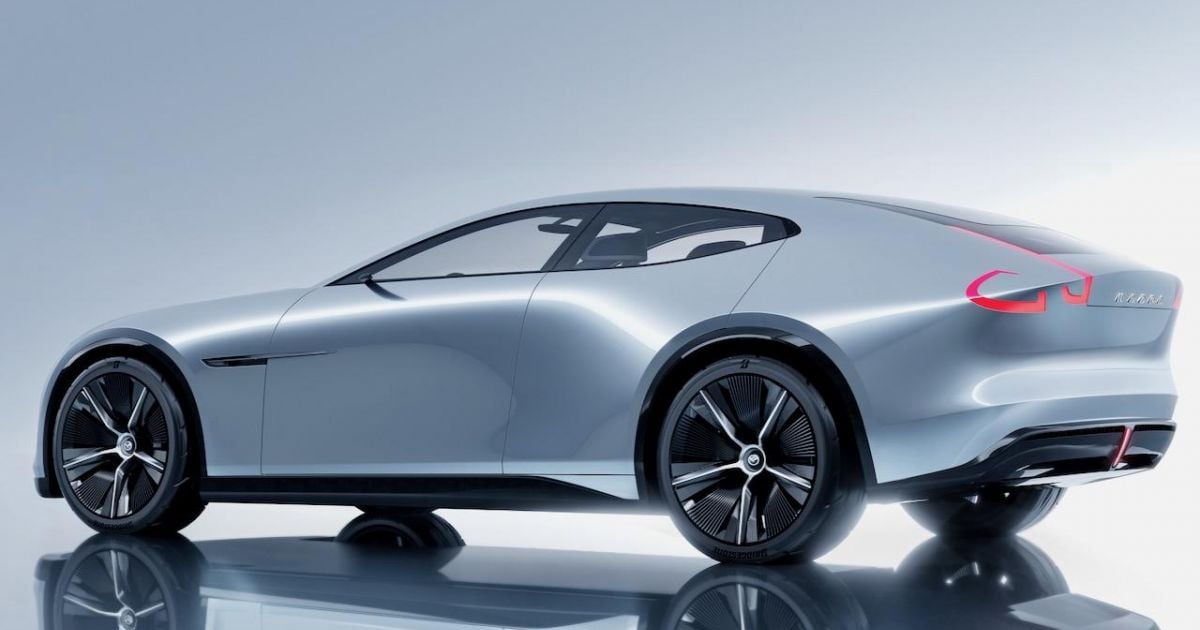
Take a look at our newest merchandise
Mazda’s world finance chief has questioned the auto trade’s blind push towards electrical automobiles (EVs), arguing the dialog round sustainability has develop into too targeted on tailpipe CO2 emissions and never the whole carbon footprint from manufacturing to disposal.
Talking on the 2025 Japan Mobility Present yesterday, Mazda Motor Company’s Consultant Director and CFO Jeff Guyton advised Australian journalists the corporate’s technique is pushed by “real-world” vitality use, not headlines about zero tailpipe emissions.
“The push began as a result of it’s very simple to say, look, no tailpipe. And naturally, we wish much less carbon within the environment. Sure, we wish fewer greenhouse gasoline, sure,” he mentioned.
CarExpert can prevent 1000’s on a brand new automotive. Click on right here to get an excellent deal.
“However the elementary mistake we made as a society, I feel, is we didn’t have a look at well-to-wheel.”
Guyton mentioned Japan’s dependence on imported vitality has lengthy formed Mazda’s pragmatic strategy to emissions discount – an strategy that values effectivity and reuse throughout all applied sciences somewhat than betting solely on battery-electrics.
“Japan imports considerably all our uncooked supplies and our vitality. Japan has all the time been targeted on reuse, recycling – use much less stuff, use much less vitality,” he mentioned.
“So regardless of the kind is, there’s a really rational strategy of utilizing much less vitality. So EV doesn’t… you already know, now we have to make our electrical energy right here. Lots of it comes from fossil gas. That doesn’t actually save the planet.”
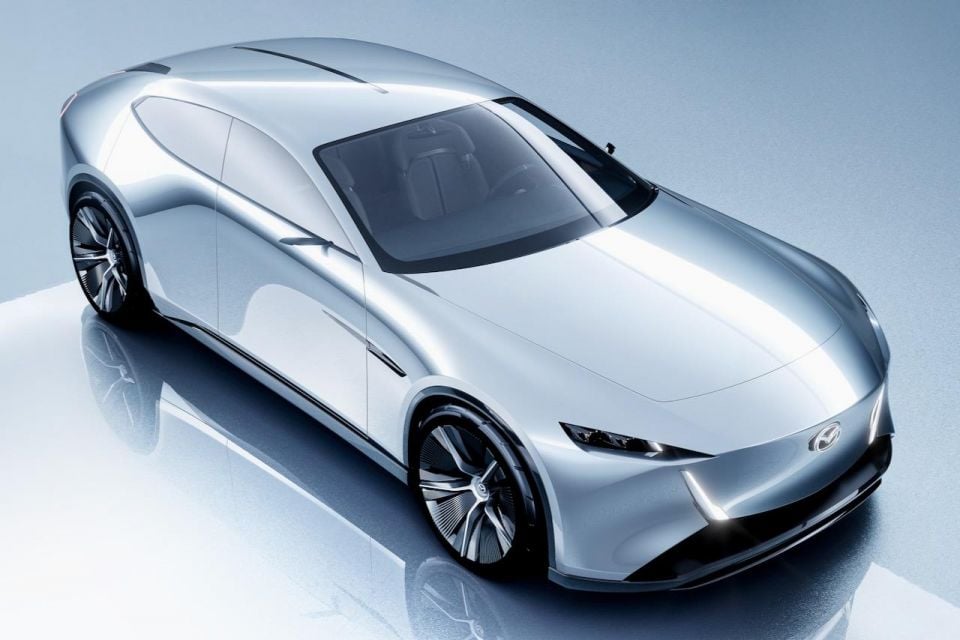
Whereas most main producers used this yr’s Tokyo motor present to showcase the most recent in EVs and software-defined automobiles, Mazda targeted on a pair of plug-in hybrid idea automobiles – the Imaginative and prescient X-Coupe and Imaginative and prescient X-Compact – each of which mix electrical and combustion energy, the latter through the model’s signature rotary engine.
Mr Guyton’s feedback come at a time when governments globally, together with in Australia, are tightening emissions laws. Regionally, the New Car Effectivity Commonplace (NVES) takes impact from 2025 and is designed to speed up the rollout of EVs.
Nonetheless, Mazda stays one of many slowest movers within the EV area. Its first devoted electrical mannequin, the MX-30 Electrical, was discontinued in a number of markets on account of poor demand, and the upcoming Mazda 6e can be its first absolutely electrical sedan in Australia.
Mr Guyton’s criticism of the trade’s EV obsession with tailpipe emissions echoes rising sentiment amongst Japanese automakers that EV mandates overlook regional vitality mixes. He mentioned Mazda’s focus will proceed to be on lowering emissions throughout a number of applied sciences, together with hybrids, plug-in hybrids, and various fuels.
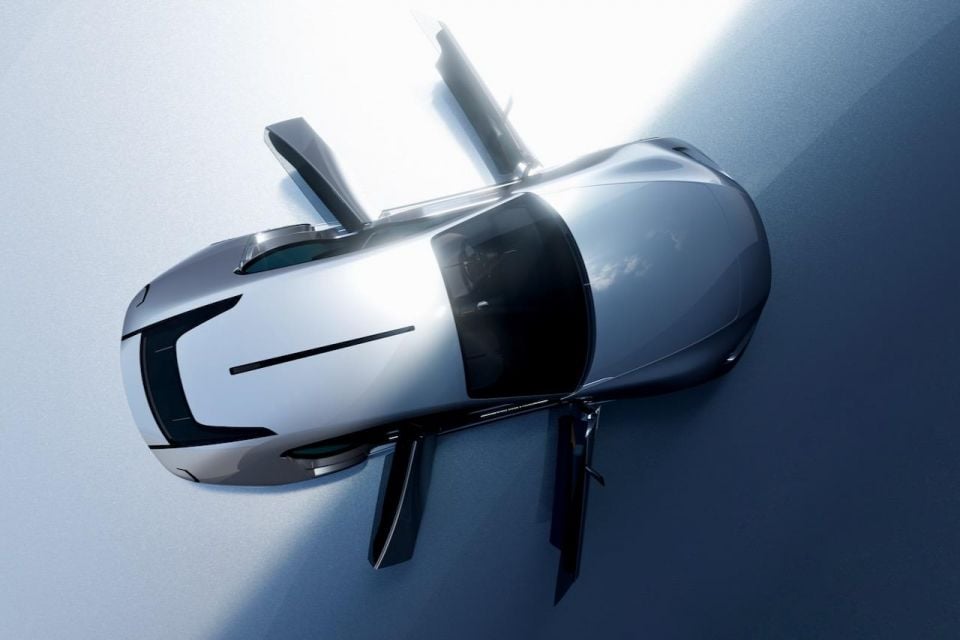
“If our society spent half as a lot time speaking about biofuel as we’re speaking about electrical automobiles… wouldn’t or not it’s nice if we may apply a reduced-carbon or carbon-neutral gas to all these automobiles which can be operating round on the streets?” he mentioned.
“There’s greater than a billion automobiles on the planet and, you already know, we’re speaking about including EVs step-by-step, which by the best way usually are not carbon-neutral. They’re simply zero carbon on the tailpipe.”
His feedback spotlight a key pressure for Mazda, a model identified for effectivity and driver engagement, which is now pressured to navigate a world more and more outlined by regulatory targets.
In Japan, Mazda has signed on to joint analysis applications exploring artificial and algae-based fuels able to operating in conventional combustion engines. The corporate says these fuels may assist current automobiles obtain carbon-neutral operation, offsetting emissions with out requiring new infrastructure.
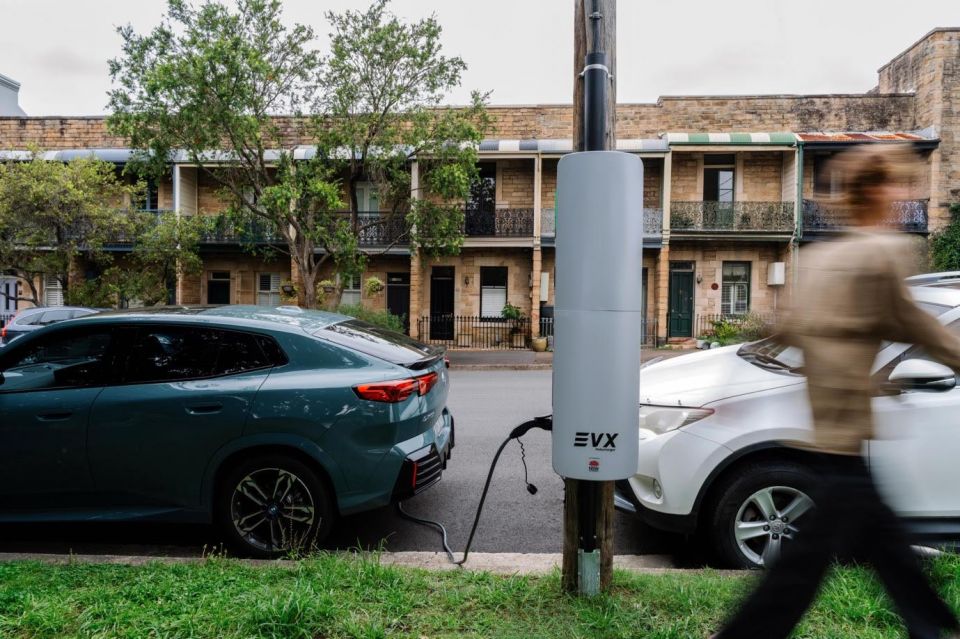
That strategy aligns with Mazda’s “multi-solution” technique, which avoids betting on a single propulsion expertise. Slightly than chasing headline-grabbing EV targets, the corporate is positioning itself as a expertise pragmatist that’s prepared to comply with the market however not on the expense of affordability or practicality.
In Australia, that stance may resonate with patrons who’ve seen new-vehicle costs rise below NVES and infrastructure pressure on account of early EV adoption. Mazda stays one of many top-selling manufacturers domestically, with its CX-5 and CX-60, CX-70, CX-80 and CX-90 SUVs nonetheless dominating petrol and diesel segments.
As Mr Guyton put it bluntly: “Utilizing much less vitality in some kind – effectively, that’s smart.”
MORE: Discover the Mazda showroom



